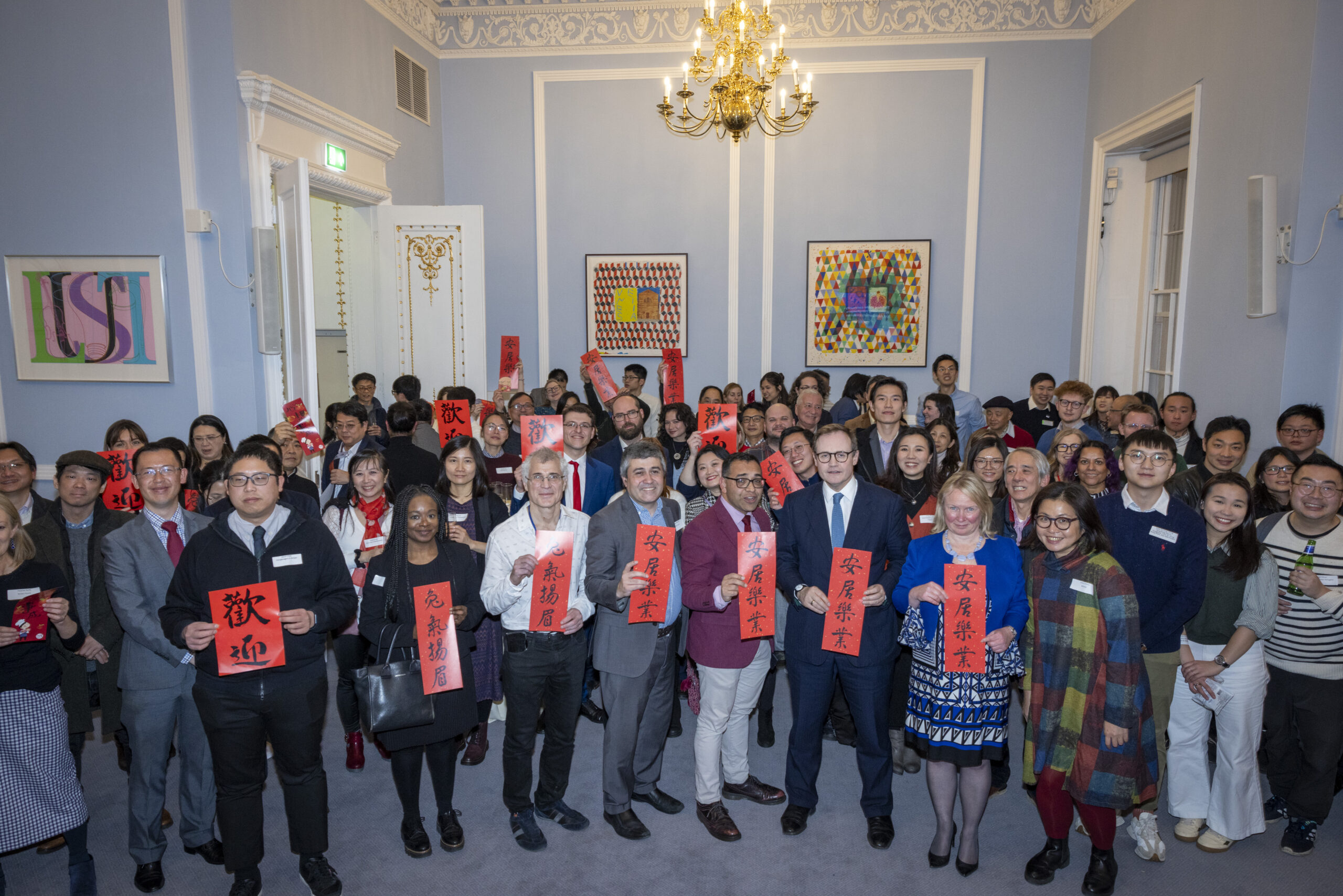- Wednesday, July 02, 2025
Brexit hostility in contrast to welcome for those fleeing chinese crackdown

By: SUNDER KATWALA, Director of British Future
THIS was a tale of two anniversaries.
Yet January 31 now marks another anniversary too – of the third year since the British National (Overseas) visa route was introduced to allow Hong Kongers to come to Britain.
The security minister, Tom Tugendhat, believes this is one of the most important things the government has done. “184,000 Hong Kongers have chosen to make the UK their home. I could not be prouder of the difference that you are making,” he told the many BN(O) visa holders who had gathered at the Lunar New Year reception hosted by the Welcoming Committee for Hong Kongers to mark the anniversary.
Tugendhat’s pride in their contribution reflected how he had himself been first to propose inviting Hong Kongers to Britain in an article for The Atlantic in the summer of 2019.
He was a free-thinking backbencher, chairing the Commons Foreign Affairs Committee. The appetite within government – focused almost entirely on the Brexit stalemate – was unclear. Once the general election resolved the question of Brexit, and as China’s crackdown on democratic expression in Hong Kong intensified, prime minister Boris Johnson’s government made a much broader offer to Hong Kongers than many had anticipated.
The visa route was a response to a new wave of repression in Hong Kong, though Tugendhat’s argument was that this should right a historic wrong – the downgrading of the Hong Kong Chinese to a new “second class citizenship” status of overseas citizens in 1981.

One thing that has been forgotten about Norman Tebbit’s infamous “cricket test” intervention, in a Los Angeles Times interview in April 1990, was that the timing was motivated by Tebbit’s campaign against allowing Hong Kongers to come to Britain as the 1997 handover of Hong Kong to China loomed. Former Liberal Democrat leader Paddy Ashdown was the most prominent advocate of admitting Hong Kongers – but the political and public splits over this issue ran deep.
There is a dramatic contrast to how Hong Kongers have been welcomed in this generation. There has been unanimous support for the new Hong Kong visa in the House of Commons. Not a single MP spoke publicly against it. That breadth of support is striking, since the Hong Kong visa represents one of the largest voluntary expansions of immigration to the UK in recent decades.
Indeed, the anniversary dates coincide because the government – perhaps as much by coincidence as design – chose to mark the first anniversary of Brexit by opening up immigration in this way.
“Rue Brittania” was the Evening Standard’s Brexit anniversary front-page headline, reporting its polling showing that just 13 per cent of people feel that Brexit has been a success, while 57 per cent see it as a failure.
Immigration is one area where people debate whether anything has changed. Yet, Brexit did lead to the most significant overhaul of the UK immigration rules for decades. Freedom of movement ended. That ‘red line’ ruled out forms of Brexit, such as keeping single market membership in the European Economic Area, that would have maintained it. The new post-Brexit system no longer offered preferential treatment to European neighbours over those coming from the rest of the world.
Patterns of immigration changed dramatically, too. Seven out of ten migrants to the UK were coming from the EU up to June 2016. That has fallen to one in ten now.
But, overall immigration levels did not fall – because of the choices that governments made about making immigration from outside the European Union more open.
Johnson’s more liberal approach to post-study work visas for recent graduates, for NHS and social care visas, and the emergency response to the Ukraine war as well as the Hong Kong visa – commanded cross-party consensus even as they increased immigration to Britain.
Now both major parties say they agree the resulting peak levels of immigration are too high. Immigration looks set to provide one of the most rhetorically polarising issues of the election year. There is a substantive clash of both principle and policy over asylum and the Rwanda scheme.
On immigration visas, it remains rare to find any major substantive point of policy on which the Conservatives and Labour disagree. Home secretary James Cleverly was this week outlining more details of the government’s package of measures to reduce net migration, but there have been few cross-party clashes to date over specific proposals.
What this tale of two anniversaries illustrates is the dilemmas of control. A government that wants to bring immigration down remains proud of many of the choices that it made to increase it.